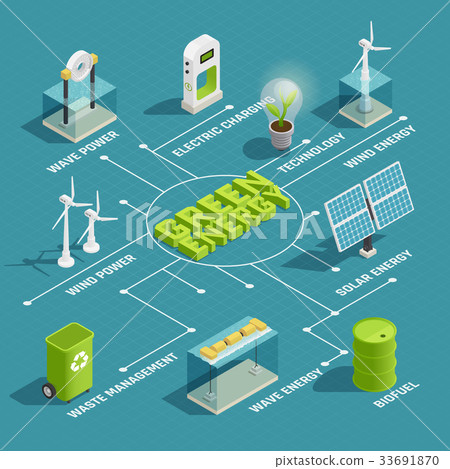|
Nanotechnology, a rapidly advancing field, has emerged as a prominent force that is revolutionizing various industries. This interdisciplinary branch of science focuses on manipulating matter at the nanoscale, which refers to dimensions below 100 nanometers. By harnessing the unique properties exhibited at this scale, researchers and engineers are paving the way for groundbreaking advancements in medicine, electronics, energy, and more. One of the most significant applications of nanotechnology is in the medical field. Nanoparticles, particles with sizes ranging from 1 to 100 nanometers, have shown great potential in drug delivery systems. These tiny carriers can transport drugs directly to targeted cells, minimizing side effects and improving treatment efficacy. Additionally, nanotechnology enables the development of biosensors capable of detecting diseases at an early stage by identifying specific biomarkers with high precision. In the electronics industry, nanotechnology plays a crucial role in enhancing device performance and miniaturization. Manufacturers utilize nanomaterials such as carbon nanotubes and quantum dots to create faster and more efficient transistors, memory chips, and displays. These advancements have led to the development of smaller and more powerful electronic devices, enabling technologies like wearable gadgets, flexible displays, and Internet of Things (IoT) devices. Energy production and storage have also witnessed significant advancements through nanotechnology. Researchers are exploring nanomaterials for solar cell technology to improve energy conversion efficiency. By incorporating nanoparticles into solar panels, more sunlight can be absorbed, leading to higher energy generation. Furthermore, nanotechnology is being used to develop better batteries with higher energy density, longer lifespan, and faster charging capabilities. These advancements are critical for the widespread adoption of electric vehicles and renewable energy sources. Beyond these industries, nanotechnology is also making strides in environmental remediation, water purification, and agriculture. Nanomaterial-based filters and membranes are being developed to remove contaminants from water, providing a sustainable solution for clean drinking water. In agriculture, nanotechnology is employed to enhance crop yields and nutrient delivery systems, ensuring efficient use of resources and reducing environmental impacts. However, along with the immense potential, nanotechnology also raises concerns regarding its safety and ethical implications. As nanoparticles have unique properties, their interactions with living organisms and the environment require thorough investigation to ensure minimal risks. Researchers and policymakers must collaborate to establish robust regulations and guidelines that address these concerns while promoting the responsible development and deployment of nanotechnology. nanotechnology holds the key to shaping the future of science and technology. Its applications in medicine, electronics, energy, and various other sectors have the potential to revolutionize industries and improve lives. Continued research and development in nanotechnology, coupled with responsible practices, will pave the way for a brighter and more sustainable future.  |
